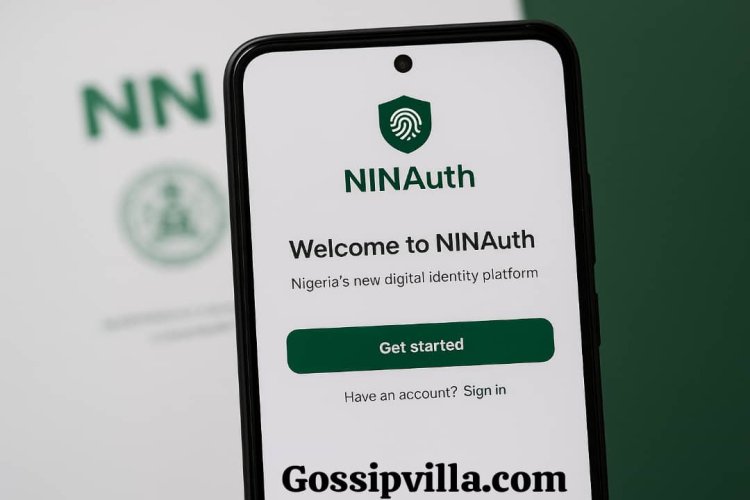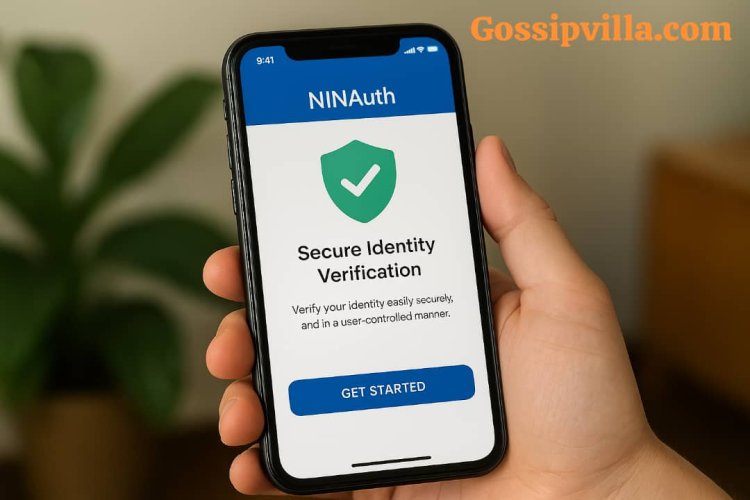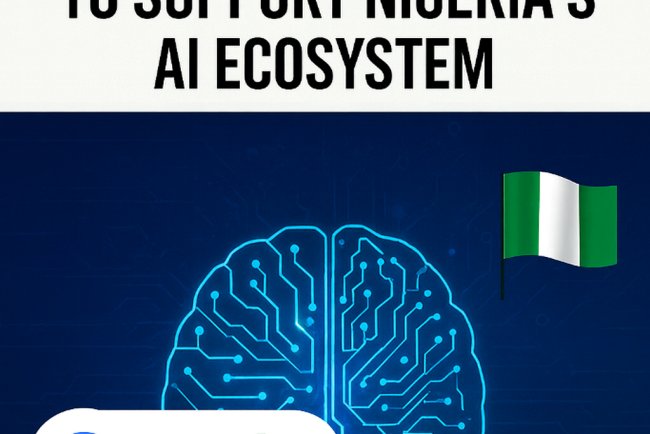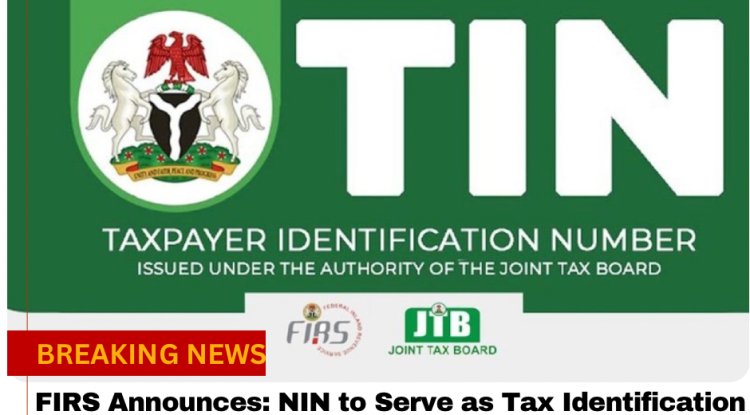Nigeria’s NIN Verification Overhaul: What Changed, and Why It Matters
Nigeria’s NIN verification system has been upgraded with the launch of the NINAuth app, prompting questions about how citizens and businesses verify identity. Read what you need to know.

Nigeria’s identity‑verification infrastructure has entered a new phase and many citizens and organisations are still trying to grasp what has changed and how it affects them.

The National Identity Management Commission (NIMC) recently launched the NINAuth app and platform, a tokenised digital identity verification service designed to make verification faster, more secure and user‑controlled. According to BusinessDay, “NINAuth … provides a secure, scalable, and interoperable interface for identity verification through API integration.”
At the same time, the older verification portal and mobile app previously used by many banks, telecoms and fintechs appear to have been phased out or become inaccessible with little public explanation of the transition. A recent article stated: “The MWS portal … returns error messages … Searches on both major app stores show the previous NIMC app is no longer available for download.”
What exactly changed?
Previously, institutions used NIMC’s Mobile Web Service (MWS) portal for verifying the National Identification Number (NIN) of customers and staff. This service was accessed via web or app‑based interface. Suddenly, many users found it inaccessible. At the same time, NIMC says the NINAuth system is now live, and all major telecom firms have migrated to it. According to Vanguard, “The National Identity Management Commission (NIMC) has announced the successful migration of all telecommunications operators in Nigeria to its upgraded … NINAuth platform.”
The change is significant because verification of NIN is critical to many services: SIM activation, SIM swap, bank account opening, loans, social‑welfare programmes and more.
Why this matters to you
Services for citizens: If your NIN cannot be verified, you could be blocked from opening a bank account, registering a SIM, or renewing official documents.
Business impact: Banks, fintechs, telecom companies must integrate with the new platform. If they don’t, they risk disruption.
Data security & control: One of NINAuth’s key features is user‑consent and data‑sharing control. BusinessDay reports that “the platform requires explicit user consent before data can be released”.
Transparency and trust: When foundational systems change overnight without clear communication, public trust can erode. As one article put it: “For a system as foundational as national identity management … this communication gap creates real problems.”
What we know so far
President Bola Tinubu officially launched the NINAuth app, directed all Ministries, Departments & Agencies (MDAs) to adopt it.
NIMC confirmed full migration of telecom operators (telcos) to NINAuth.
The older portal (MWS) appears offline or deprecated, but NIMC has not yet issued a full public timeline for the transition or legacy system shutdown.
What you should do
Check your bank or service provider: Ask if they have integrated with NINAuth and how your verification might be impacted.
Ensure your NIN is active and correct: Errors in your NIN record may cause verification to fail.
Download the NINAuth app (if required) from official sources and ensure it’s the genuine version via NIMC’s website.
Be cautious of third‑party “verification” offers: With the transition, fraudsters may try to exploit confusion. NIMC warns users not to share NIN or personal data with unauthorised third parties.
Stay informed: Monitor official NIMC channels and reputable news sources for updates on deadlines, procedures and how the old system will be phased‑out.
READ MORE ON HOW NITDA and Governors’ Forum Partner to Drive Nigeria’s State-Level Digital Transformation
The move to NINAuth by NIMC represents a major step in modernising Nigeria’s identity verification infrastructure. If implemented well with transparency, support and accessibility it could strengthen data security, accelerate service delivery and empower citizens with control over their data.
However, the speed and opacity of the transition raise risks of disruption, exclusion and mistrust. For millions of Nigerians relying daily on identity verification for banks, telecoms or government services clarity and accessibility matter just as much as the technology itself. The next few months will test how smoothly this transition unfolds, and how well institutions and citizens adapt.
What's Your Reaction?




















